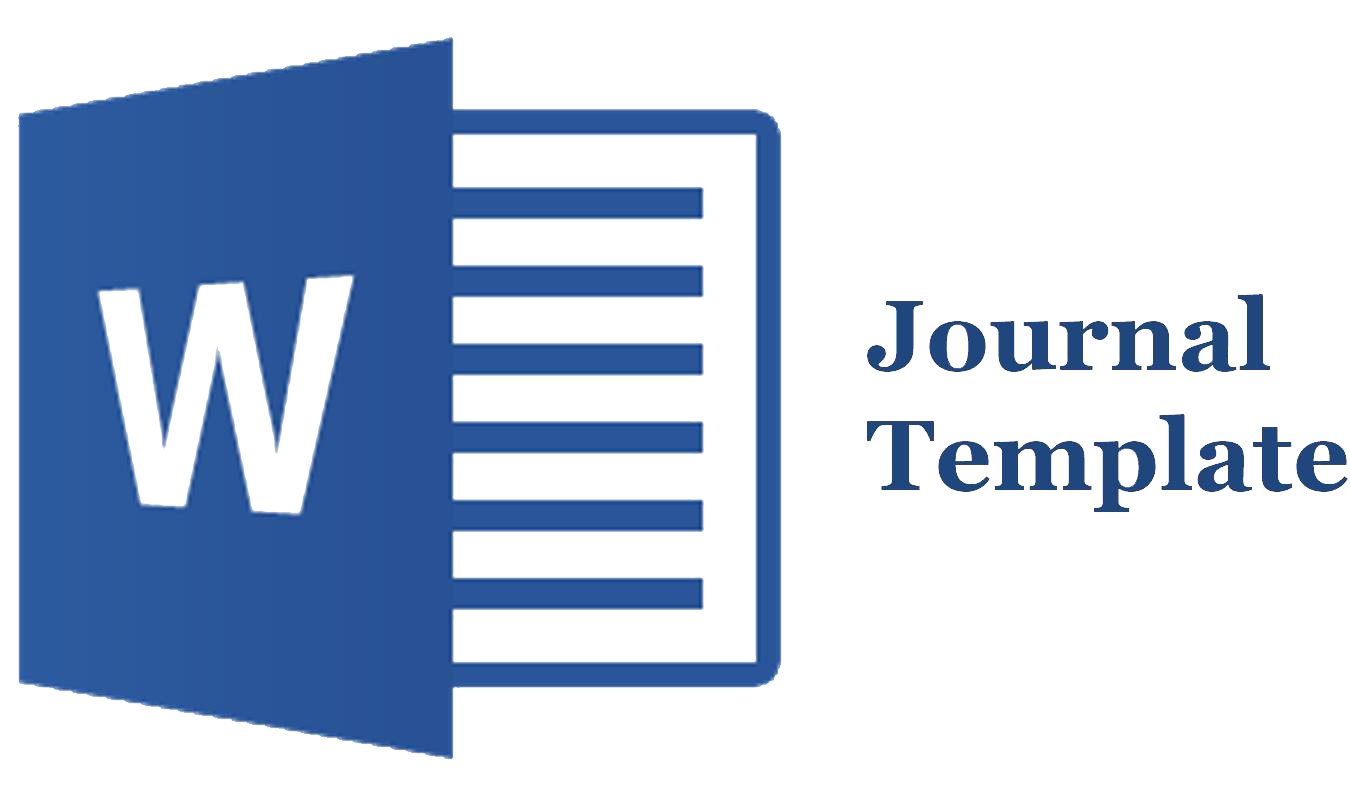Improvement of Public Service Quality at the Public Service Mall of Luwu Regency
Abstract
This study aims to formulate strategies for improving the quality of public services at the Public Service Mall of Luwu Regency. The research employed a descriptive qualitative method, with data collected through interviews, observations, and documentation at the Investment and One-Stop Integrated Service Office, which is responsible for managing the Public Service Mall. The findings reveal that efforts to enhance public service quality are carried out through five main strategies: (1) a core strategy that emphasizes employee performance and the availability of infrastructure, (2) a consequence strategy focusing on accountability and transparency through e-government and community feedback, (3) a customer strategy to ensure excellent services that meet public expectations, (4) a monitoring strategy utilizing the Community Satisfaction Index as the basis for evaluation, and (5) a cultural strategy that aligns service values and ethics with the social context of the community. These findings underscore the importance of integrating performance, accountability, public satisfaction, and local culture to achieve more responsive and higher-quality public services.
Keywords:
Improvement Strategy, Public Service Mall, Public Service QualityDownloads
References
How to Cite
Published
Issue
Section
License
Copyright (c) 2025 Bastian Bastian

This work is licensed under a Creative Commons Attribution-NonCommercial-ShareAlike 4.0 International License.
- Authors retain copyright and grant the journal right of first publication with the work simultaneously licensed under a Creative Commons Atribusi-Non Commercial-Share Alike (CC BY-NC-SA).
- Authors are able to enter into separate, additional contractual arrangements for the non-exclusive distribution of the journal's published version of the work (e.g., post it to an institutional repository or publish it in a book), with an acknowledgement of its initial publication in this journal.
- Every publication (printed/electronic) are open access for educational purposes, research, and library. Other than the aims mentioned above, the editorial board is not responsible for copyright violation.













